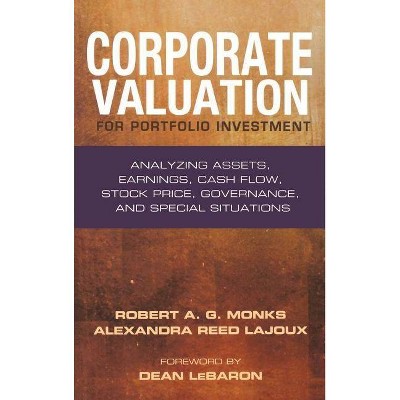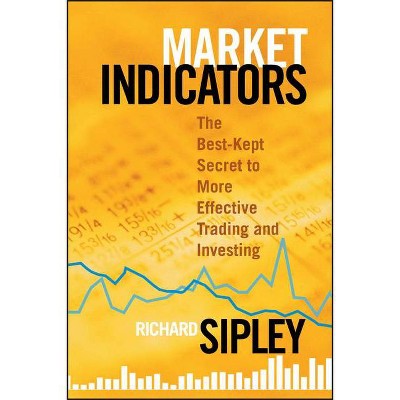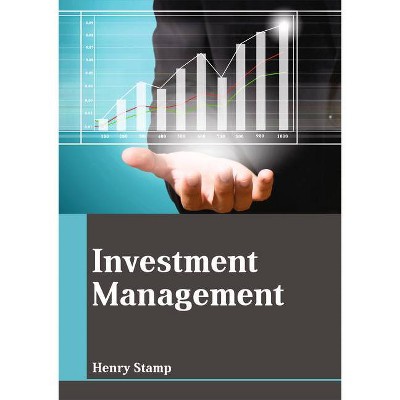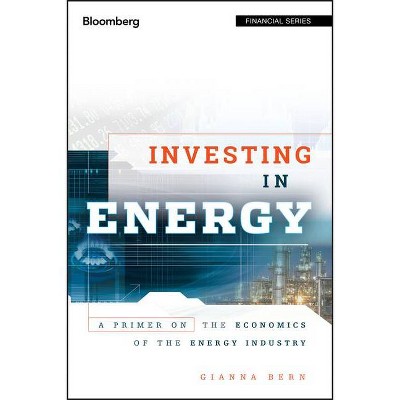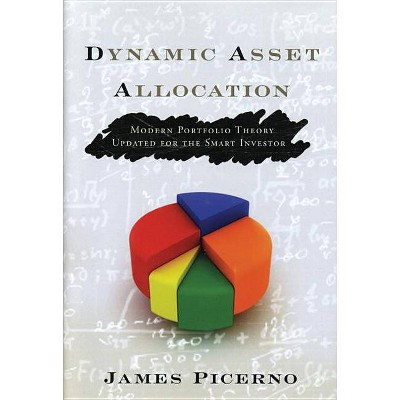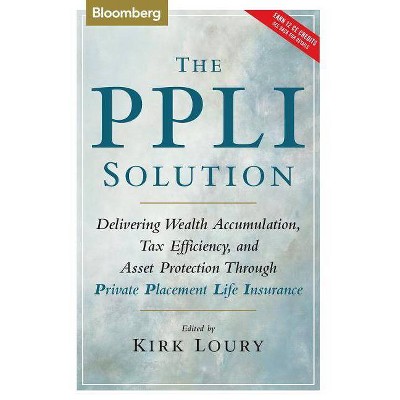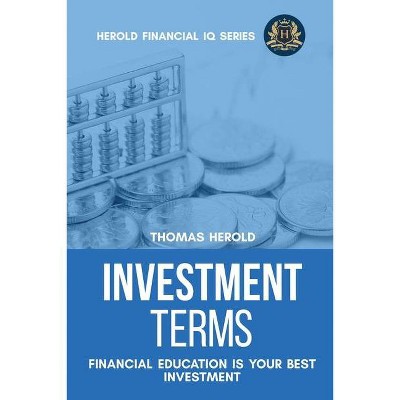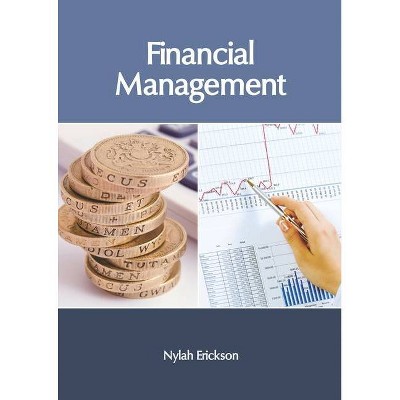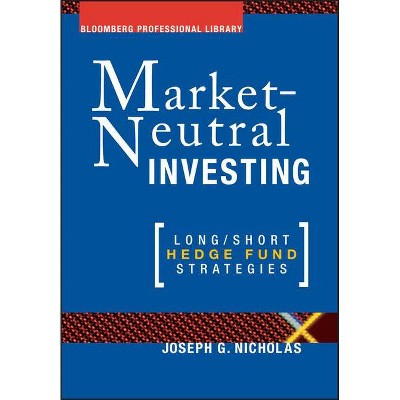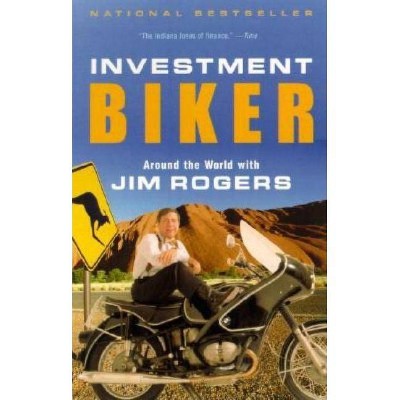Tax-Aware Investment Management - (Bloomberg Financial) by Douglas S Rogers (Hardcover)
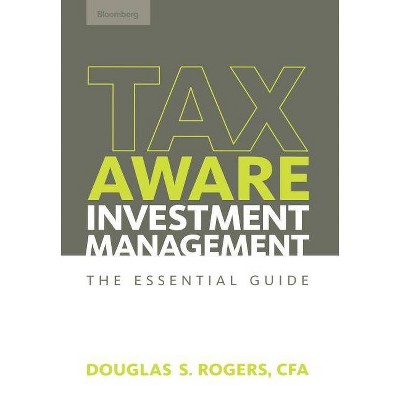
Similar Products
Products of same category from the store
AllProduct info
<p/><br></br><p><b> About the Book </b></p></br></br>Detailing new research, new analytic tools, and new thinking, this book details the trading strategies and fund evaluation criteria essential to the task and presents critical considerations for investment managers.<p/><br></br><p><b> Book Synopsis </b></p></br></br><b>Investment returns are uncertain, </b> <b>especially in today's economic environment. But taxes are a sure thing.</b> <p>That's one reason why tax-aware investment management is essential for building and maintaining wealth.</p> <p>In this comprehensive, groundbreaking book, Douglas S. Rogers, CFA, explains why many accepted investment strategies and techniques developed for tax-exempt institutional investors don't work for individuals who are subject to taxes. They will end up with substantially lower after-tax returns simply because their portfolios are not structured or managed with tax obligations in mind.</p> <p><b>This book shows: </b></p> <ul> <li>How to measure and compare the tax-efficiency of mutual funds, hedge funds, and individual investment managers</li> <li>How the widely used style-box matrix can prove detrimental to after-tax investment returns</li> <li>How to minimize taxes on stock-and-bond portfolios and employ sophisticated strategies for offsetting gains against losses</li> <li>How to decide which asset categories should be placed in tax-deferred accounts such as IRAs and which should be placed in regular taxable accounts</li> <li>How to incorporate tax-aware techniques and insights into all facets of investment planning, portfolio management, and estate planning</li> </ul><p/><br></br><p><b> From the Back Cover </b></p></br></br><p><b>"<i>Tax-Aware Investment Management is the most comprehensive guide to portfolio optimality</i>.</b> From capital allocation to manager selection, Doug Rogers clarifies the critical issues and provides strategies for maximizing after-tax returns. He has succeeded in applying the principles of modern portfolio theory to taxable investors."<br><b>Peter K. Scaturro CEO, U.S. Trust Corporation</b></p><p>Although some tax rates on investments are lower now than in the past, many investors pay much higher rates to the IRS simply because they or their advisers don't search out the best tax-aware investment strategies. For example, they may sell before a gain qualifies as long-term. In that case, the tax rate can be 35 percent, not 15 percent.</p><p>Surprisingly, says Douglas S. Rogers, CFA, most managers of mutual funds and other investment vehicles ignore such tax considerations when buying and selling securities, leaving investors with lower after-tax returns than they deserve. <i>Tax-Aware Investment Management</i> offers new thinking, new research, and new analytic tools to help advisers raise the after-tax returns on their clients' portfolios and improve their investments, their overall financial picture, and their estate planning.</p><p/><br></br><p><b> About the Author </b></p></br></br><p><b>DOUGLAS S. ROGERS, CFA, </b> is a nationally known authority on tax-aware investment management. He is a managing director and senior consultant at CTC Consulting Inc., a subsidiary of U.S. Trust Corporation, where he serves ultra-high-net-worth families. Mr. Rogers is currently chair of the CFA Institute (formerly AIMR) Subcommittee for After-Tax Return Reporting. He is a former chief investment officer and director of manager research for a nationally known investment advisory firm and holds an MBA in finance from Southern Methodist University. A Chartered Financial Analyst (CFA), he is a frequent speaker on tax-aware investment management and after-tax reporting standards at industry conferences.</p>
Price History
Price Archive shows prices from various stores, lets you see history and find the cheapest. There is no actual sale on the website. For all support, inquiry and suggestion messagescommunication@pricearchive.us
